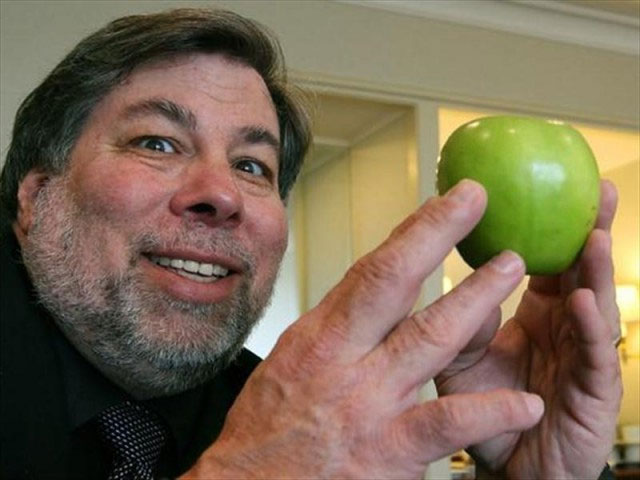
The Woz and Dissertations
August 11th is Steve Wozniak’s birthday. In addition to co-founding Apple, The Woz is a pretty smart guy and has a particularly useful bit of advice for dissertation students…
Along with Steve Jobs and Ronald Wayne (look it up!), Steve Wozniak started Apple Computer in 1976. The Woz designed the Apple I and the Apple II, so he knows a thing or two about computers.
And, since most doctoral students use their computers to write and store their dissertations, you may want to listen when Wozniak talks. So, what does he have to say?
Hard disks have disappointed me more than most technologies.
— Steve Wozniak
So, what does “disappointed” mean? Well, hard drives fail. They crash. And, when they crash the computer stops working. And, when they crash—and here’s the important part— the stuff stored on them is lost.
Isn’t your dissertation stored on your hard drive?
I’ve worked with over 200 students at Dissertation Done. And, taught thousands more over the past fifteen years. In that time, I’ve had literally dozens of students report that their computer had died while I was working with them.
What steps are you taking to make sure that your dissertation will survive the death of your computer?
If you’re like most students I know, the answer is “hope.” But hope is not a plan. Those who do plan ahead usually just store their dissertation on a flash drive and store the flash drive in the very desk their computer is set on.
Let me tell you a story from a student of mine named, Barbara. Barbara contacted me when she had to start over on her proposal after many months of work…
“I lost my dissertation,” she said.
“What do you mean, ‘lost?’ Did you delete it?”
“No, it’s on my computer, but my computer is dead,” Barbara continued.
“Oh, no. Barbara, you should always have a back-up!”
“I did. I saved it on a flash drive and kept it in my desk drawer…”
“So, why don’t you use the flash drive on another computer?”
“I can’t use the flash drive either. Lightning hit our house. The desk caught fire and destroyed the computer, the flash drive, and a bunch of papers!”
Barbara’s story might sound far-fetched, but it’s not really. When I worked in operations at an investment bank, we had disaster-recovery planning meetings. One of the things we planned for is having an entire facility compromised, whether by theft, fire, or natural disaster.
The way that you overcome this type of loss is to make sure that you have an off-site backup of all important documents. You lose your computer; your dissertation’s safe. You lose your house; your dissertation’s safe.
Another current student just lost her house to a tornado a few months ago. As devastating as that was, she was so happy that she had remote copies of her files. She has made a ton of progress on her dissertation from her hotel room while she waits for her house to be rebuilt! Silver linings, right?
There are lots of ways that you can ensure that you have remote backups these days. My favorite is Dropbox. I don’t get paid to recommend them. In fact, you can sign up for free. I used a free account for years.
What Dropbox does is create a special folder and install a small piece of software on your computer. From then on, anything you save in that folder is automatically saved to their servers. Secure and encrypted, but ready for you if you hard drive dies, if your computer crashes, even if you literally lose your computer. If anything happens, you can logon to Dropbox’s web site and retrieve your files…including your dissertation!
You certainly don’t have to use Dropbox. There are lots of solutions that work similarly these days. But, do make real sure that you backup your dissertation, and your references, both locally and remotely.
In the words of the immortal Bernie Mac’s Frank Catton: ‘Nuff Said!
